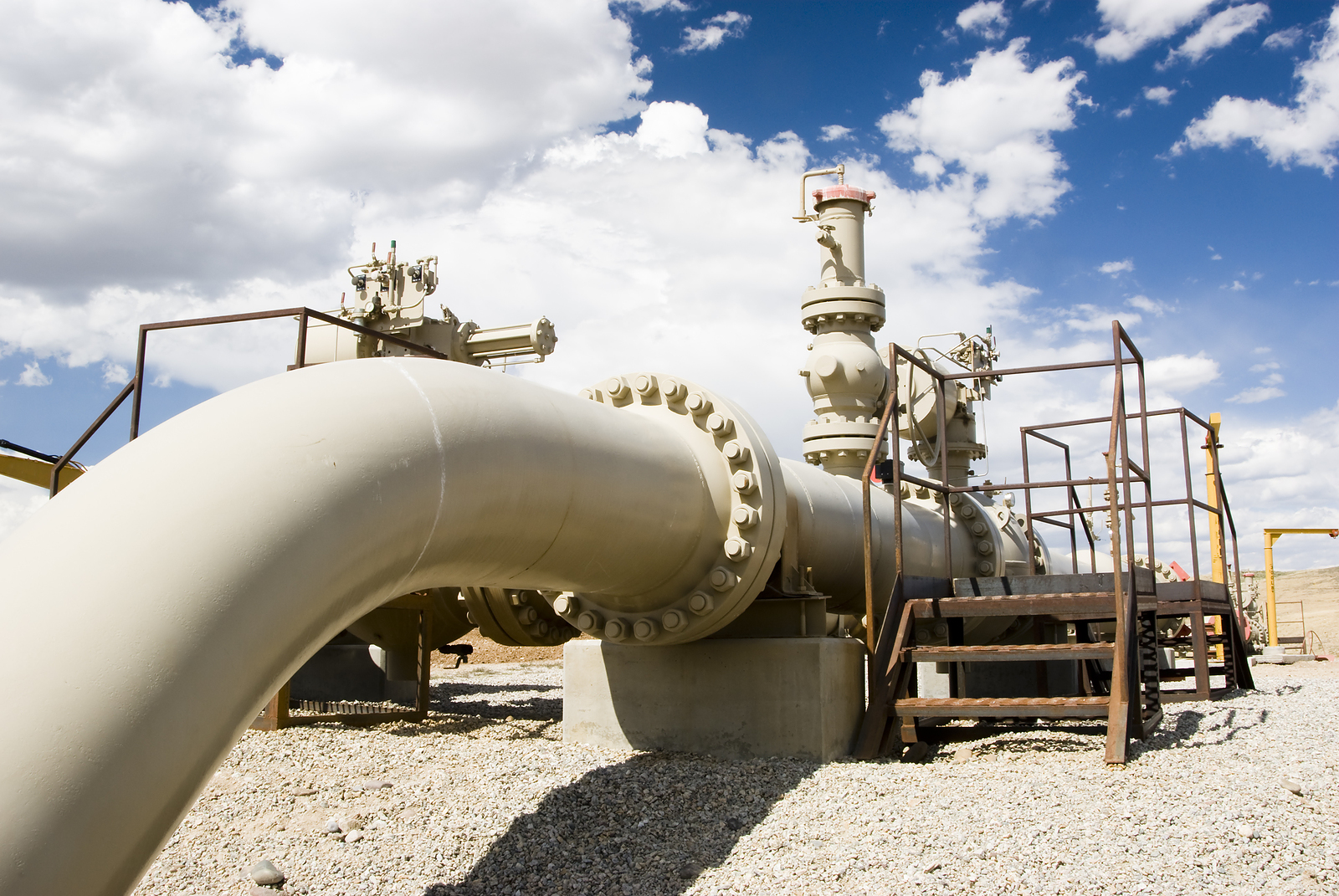
Libyan Oil Pipeline, Oilfields Reopen After Months of Blockade
Libya has restarted one of its oil pipelines and production at two of its major oil fields after months of blockade due to the ongoing conflict in the country.
CAIRO/BENGHAZI (Reuters) — A major oil pipeline and two major oilfields in southwestern Libya have reopened after months of a blockade that shut off most of the country's crude production, costing billions of dollars in lost revenue.
NOC said in a statement that production at Sharara had restarted "after lengthy negotiations ... to reopen the Hamada valve, which had been illegally closed last January" but did give further details.
The valve, on the pipeline running from the Sharara oil field to the northern oil terminal of Zawiya, was reopened on Friday and crude flowing from Sharara reached the terminal in the early hours of Sunday, the Petroleum Facilities Guard said.
The state-owned National Oil Corporation (NOC) confirmed on Sunday that some production had resumed at the 300,000 barrel per day (bpd) Sharara oilfield, shut for more than four months.
Two engineers at the field told Reuters on Saturday that production was gradually restarting.
El Feel, a field linked to Sharara, reopened on Sunday, an engineer there told Reuters. There was no immediate confirmation from the NOC regarding the field, which previously produced 70,000 bpd.
The resumptions follow a rapid military retreat by forces loyal to eastern-based commander Khalifa Haftar, whose allies had blockaded oilfields and ports since January, shutting off most of Libya's production.
Production at Sharara will start at 30,000 bpd and output is expected to return to full capacity within 90 days, NOC said.
Sharara is operated by NOC in a joint venture with Spain's Repsol, France's Total, Austria's OMV and Norway's Equinor. NOC declared force majeure on loadings from the field in January.
El Feel is operated by the NOC and Italy's Eni.
The 142-day oil blockade resulted in losses of about $5.3 billion, NOC said.
Oil revenues in the first five months of 2020 were 2.102 billion Libyan dinars ($1.49 billion), the Central Bank of Libya said in a statement on Sunday, compared with revenues of 14.348 billion dinars in the first half of 2019.

